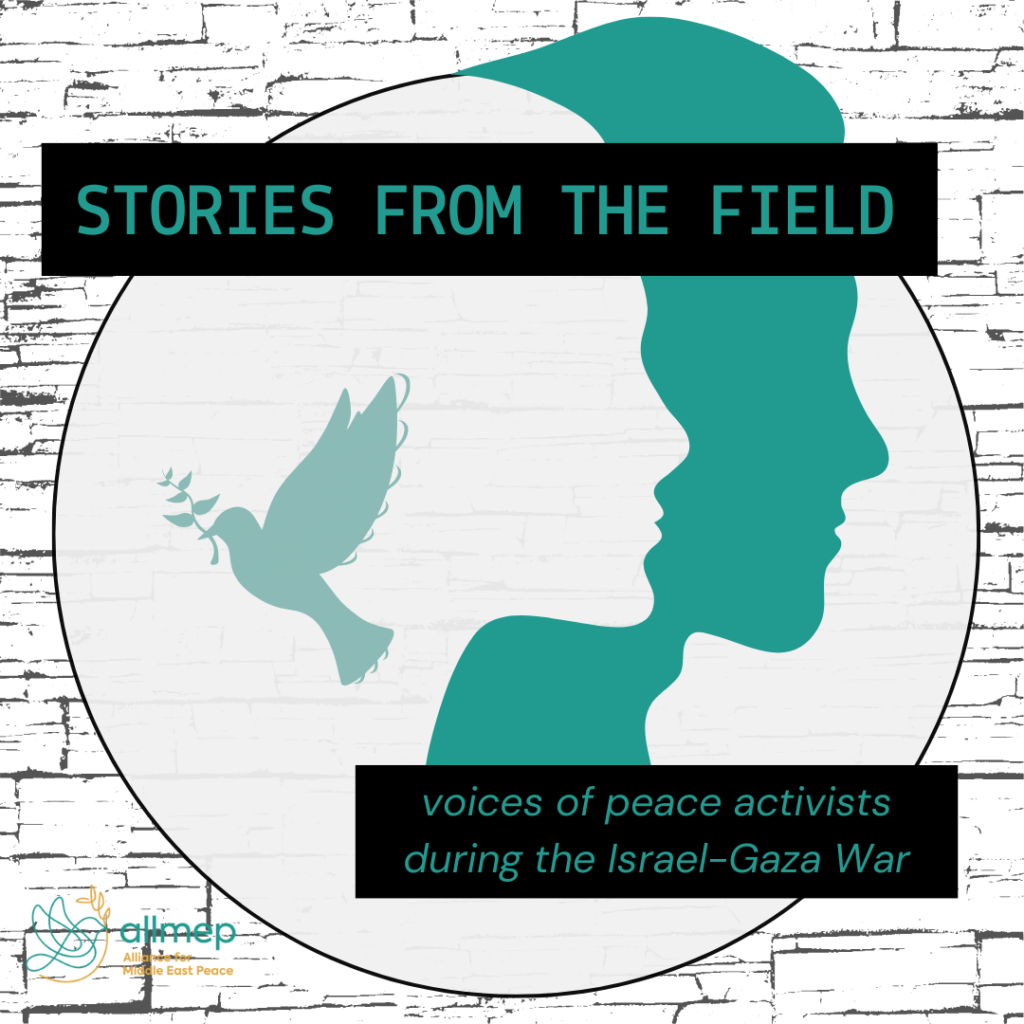

Robi Damelin has found herself in perpetual motion since October 7.
“I went into kind of go-to take action immediately, as if I’ve got to change the world overnight. Because then I don’t have to face this terrible grief that’s come out of what happened. So I can run away … by talking. From the seventh of October, I must have given 70 interviews, maybe more,” she says. “Some days four interviews a day.”
Robi is the international spokesperson of the Parents Circle – Families Forum, a group of Israeli and Palestinian families who have lost loved ones to the conflict who believe reconciliation be a part of any resolution to the conflict. Her son David was killed by a Palestinian sniper in 2002 while he was doing his reserve duty in the West Bank.
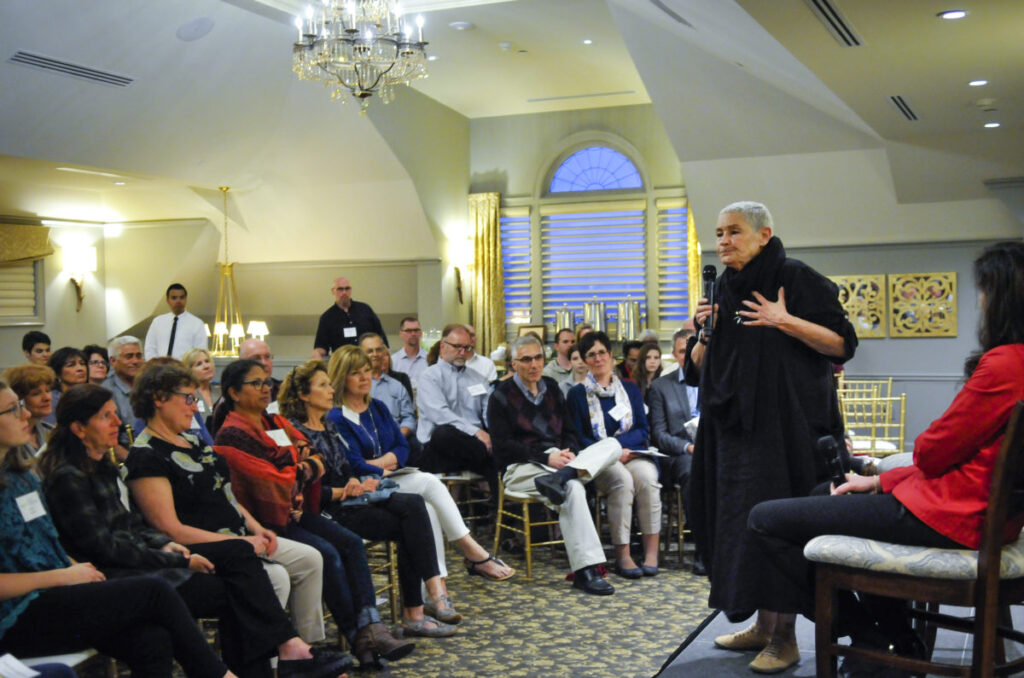
Since the war broke out, Robi has been on the road, traveling to the United States and to England, speaking before audiences of hundreds of people and doing more media, including an in-studio interview with Christiane Amanpour on CNN in London.
People, she says, are “so desperate to get a message that was, you know, normal and hopeful.” Speaking before Jewish communities especially, she says, she felt the stress and fear that they are experiencing because of surging antisemitism.
She recounts how a man approached a teenage relative of hers in London upon seeing her star of David necklace and said, “Are you bloody Jew?” Robi says, “And this is scary. You know, I know that people are removing mezuzot from their doors, and they are very signs of fear. And that fear leads to hatred. So it’s terribly important the work that we’re doing.”
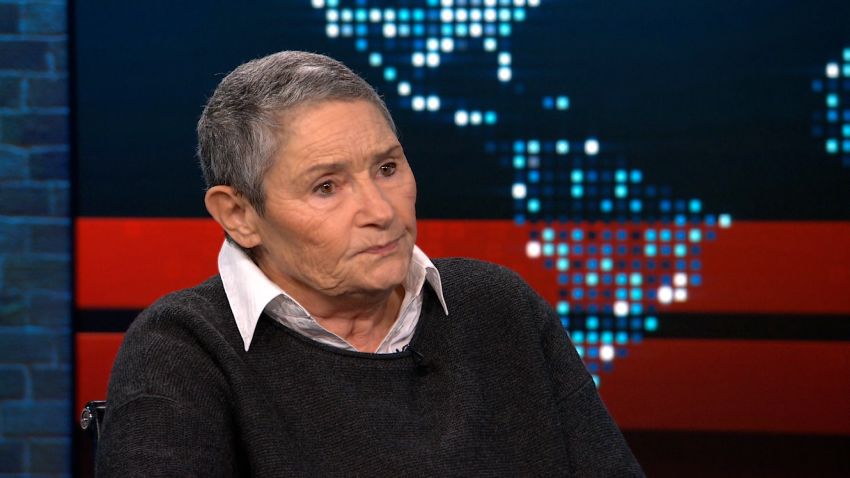
In London in December, she and others from the Parents Circle – Families Forum, took part in an interfaith vigil against rising antisemitism and Islamophobia in Britain, which included relatives grieving for loved ones killed on October 7 and the Archbishop of Canterbury.
There, Robi also met with officials at the Ministry of Foreign Affairs to share her perspective. They too are interested in reconciliation. “But they want instant results. Everybody wants instant results,” she says, but cautions, that’s now how reconciliation works, it’s a slow, dogged, brick-by-brick process.
“The long-term goal of this organization to create a framework for reconciliation process to be in place,” she says, so when there is a political agreement in hand that process can begin. “The work of the Parents Circle is geared towards creating an atmosphere, where people understand the possibility of reconciliation, that doesn’t mean that we fall in love with each other. It means that there needs to be respect, there needs to be some framework.”
Right now feelings are still so raw and the fighting continues in Gaza, and so everything on both sides is very intense. Robi faults both Israeli and Palestinian media for creating “a parallel universe” which exacerbates the divide in what people are seeing and how people are making sense of this moment.
But in the Parents Circle – Families Forum there is a rare kind of refuge because of the trust that has been established over so many years working together and getting to know one another as real people, and fellow bereaved parents, siblings and other family members. So, they are able to listen, as Robi says, “with empathy to each other, even if we don’t agree.”
Over time Robi has come to know at least part of the backstory of the Palestinian man, who killed her son David and several other Israelis and is now in an Israeli prison. As a young boy he witnessed his uncle’s death by the Israeli army and later lost two other uncles.
Knowing why he was radicalized to kill for revenge does not make her condone his actions. “But when you understand ‘why’, it’s the beginning of the conversation.” It’s this insight she often shares in her media interviews and conversations with officials and policy makers. Today that means understanding the fear and grief Israeli and Palestinian children on both sides of the Gaza border are enduring, and how it could impact them as adults.
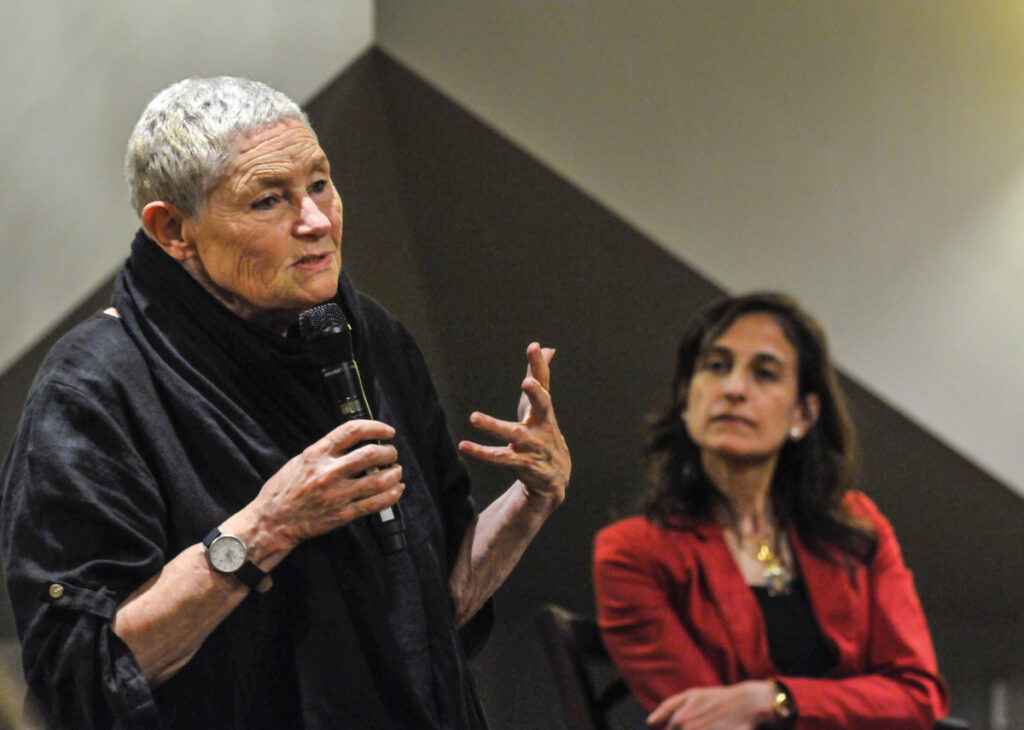
Helping Israelis and Palestinians get to know one another as people to help prepare for actual reconciliation is core to the work Parents Circle – Families Forum. For them, reaching younger audiences had been essential. One way of doing that in the past was having Israeli-Palestinian pairs from the organization speak in schools. Just before this school year began however, they were officially barred by the education ministry from doing so, because the ministry said their goals were “in contradiction” to the ministry’s values.
Last summer they held another camp session for Israeli and Palestinian teenagers who have lost relatives to the conflict.
After the war broke out, campers, who previously had been in such good contact, were reluctant to come together for Zoom conversations. But Robi says they are now open to reconnecting. “But it takes time … this is a very angry nation. It’s two very angry nations.”
These are days of anger to be sure, but also they are seeing the first glimmers of repair. The first open Zoom for the wider community since the war was held recently and to Robi’s happy surprise, five hundred people attended.
And all the while, Parents Circle – Families Forum members continue their work, daunting as it is, including visits to the families of the bereaved, in Israel but also in the West Bank where violence has also been intensifying.
Since October 7, their work though, “is much more difficult because everybody’s belief system gets shaken in a situation like this … it’s like walking on eggshells.”
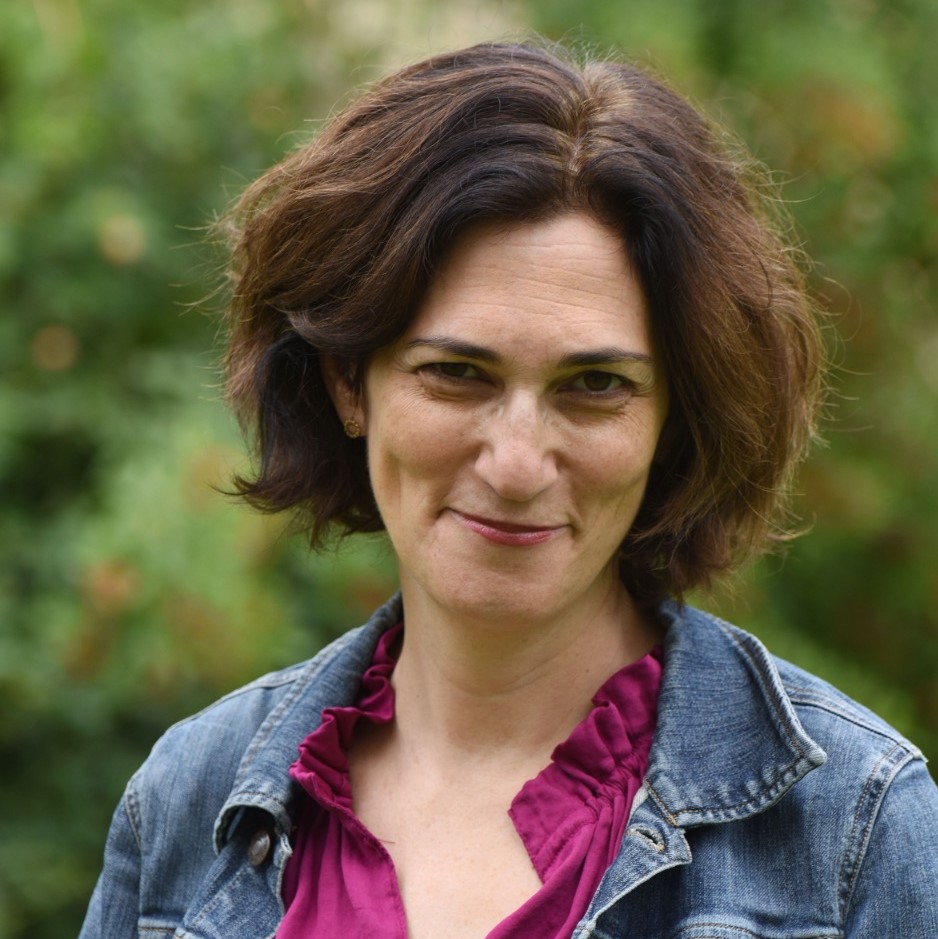
Dina Kraft is a writer and journalist based in Tel Aviv. She is the Opinion Editor for Haaretz English and co-author of My Friend Anne Frank. She has written from the region for over two decades for The New York Times, The Christian Science Monitor and The Los Angeles Times, reporting on Israeli and Palestinian politics, culture and society.
Dina is drawn to stories featuring unlikely connections, dual narratives and the impact of conflict and crisis on ordinary lives. She hosts the podcast “Groundwork” and previously “The Branch”, which tell the stories of relationships between Jews and Arabs, Israelis and Palestinians.
Dina is a long-time foreign correspondent who began her overseas career in the Jerusalem bureau of The Associated Press. She was later posted to AP’s Johannesburg bureau where she covered southern Africa. She’s also reported from Senegal, Kenya, Pakistan, Jordan, Tunisia, Russia, and Ukraine